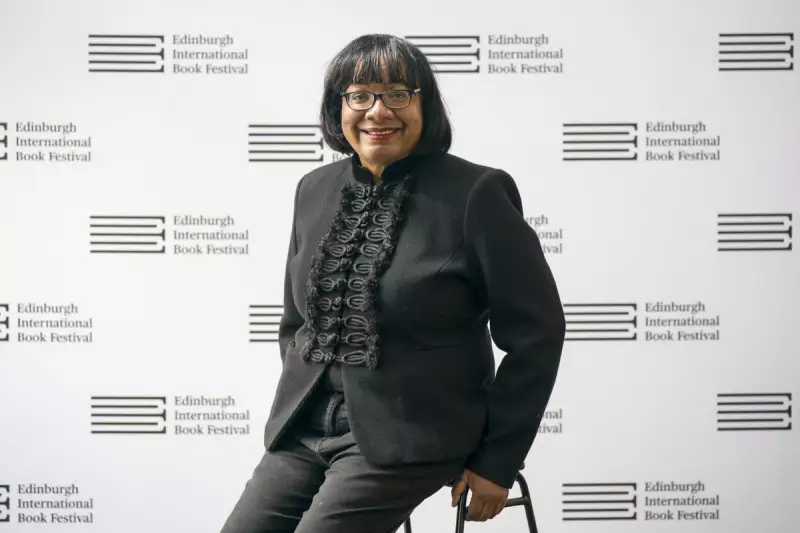
The Labour Party has been plunged into a deep internal crisis as leader Sir Keir Starmer faces furious accusations of conducting a "purge" against the left. The controversy centres on the treatment of veteran MP Diane Abbott and the decision to formally bar former leader Jeremy Corbyn from standing for the party.
Diane Abbott, Britain's first black female MP, remains suspended from the Parliamentary Labour Party despite having the whip withdrawn over a year ago. The situation has ignited a firestorm of criticism from prominent Labour figures and backbenchers who claim the process is politically motivated.
Backbench Rebellion Erupts
MP Zarah Sultana led the charge in the Commons, demanding to know why Ms. Abbott was still suspended after apologising for her remarks. Sultana condemned the drawn-out investigation as a "disgrace," highlighting the immense contribution Abbott has made to British politics.
The anger isn't confined to the backbenches. Speaker of the House Sir Lindsay Hoyle expressed his own frustration, revealing he has repeatedly sought clarity from Labour's chief whip on Abbott's status, only to be met with silence. This lack of communication has been interpreted by many as a sign of bad faith.
Corbyn Officially Blocked
Adding fuel to the fire, the party's ruling National Executive Committee (NEC) has officially endorsed a motion to prevent Jeremy Corbyn from being a Labour candidate in the next general election. This move solidifies the deep rift between the current leadership and the previous era, signalling a definitive break from the party's recent past.
The one-two punch of the Abbott suspension and the Corbyn ban has left many on the left of the party feeling marginalised and targeted. This internal strife threatens to overshadow Labour's election campaign and could dampen the enthusiasm of a segment of its voter base.
The coming days will be critical for Sir Keir Starmer as he attempts to manage this growing rebellion and present a united front ahead of the next general election.





